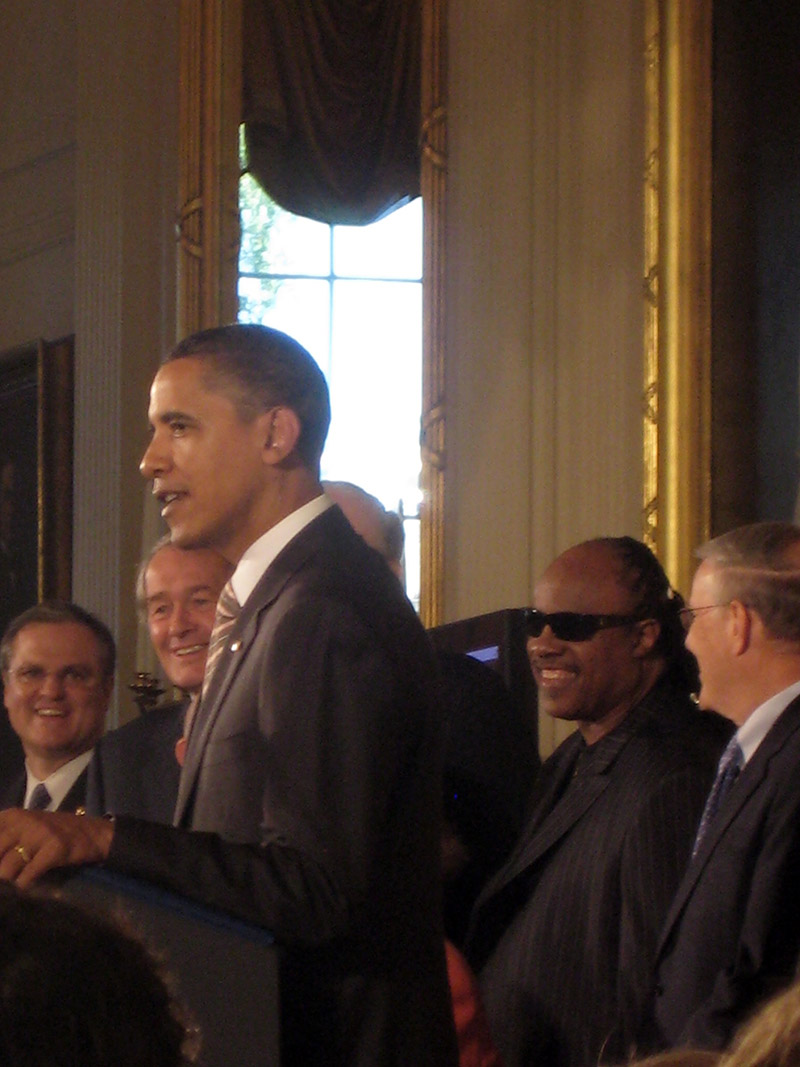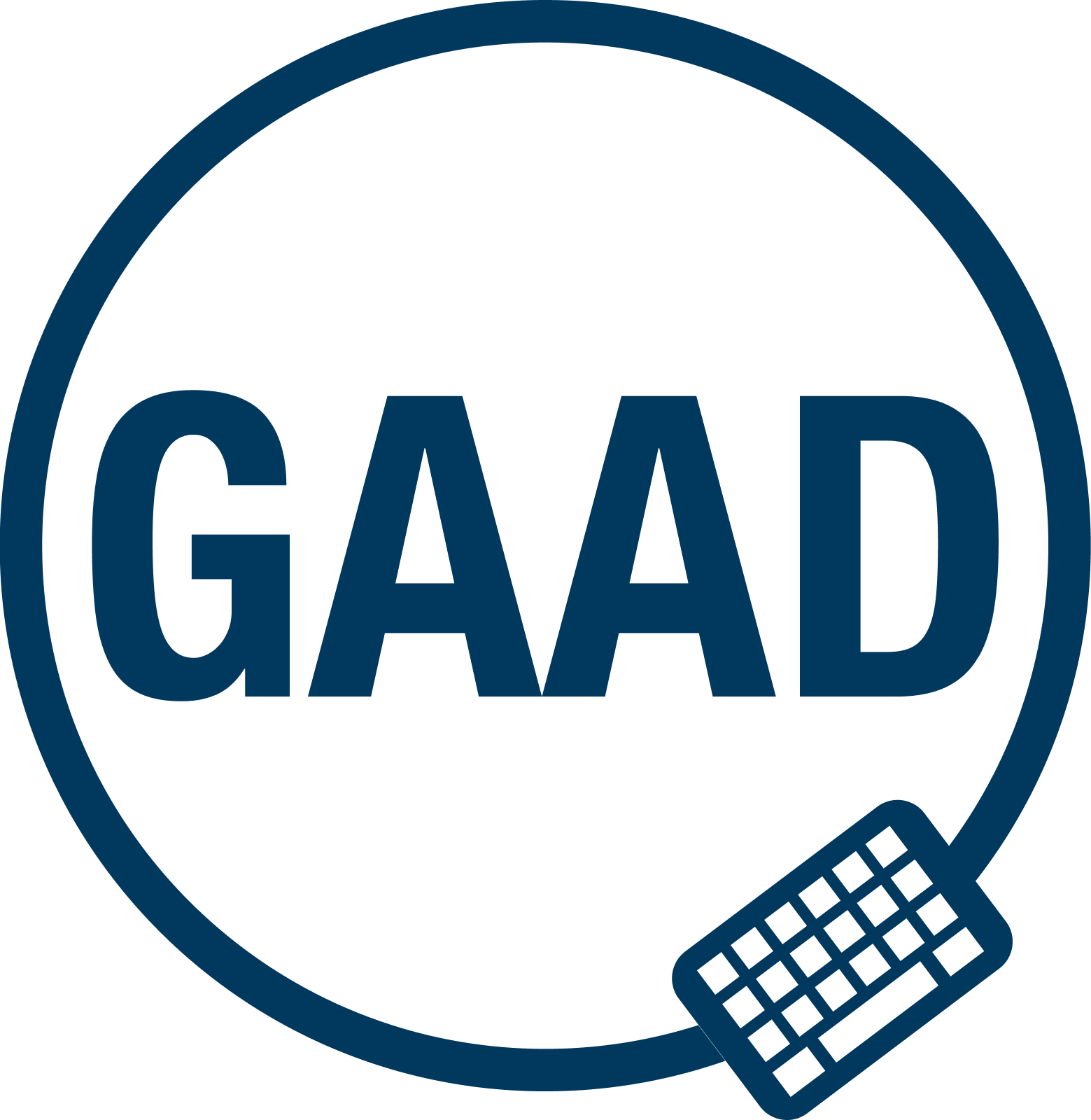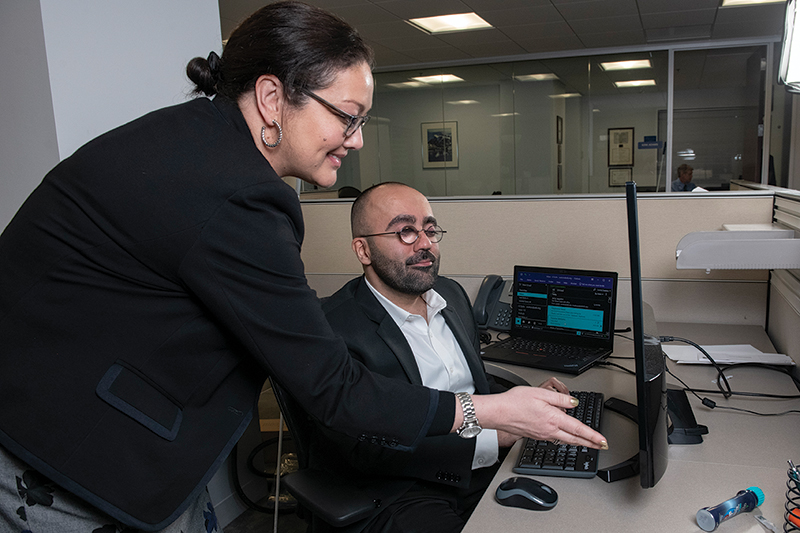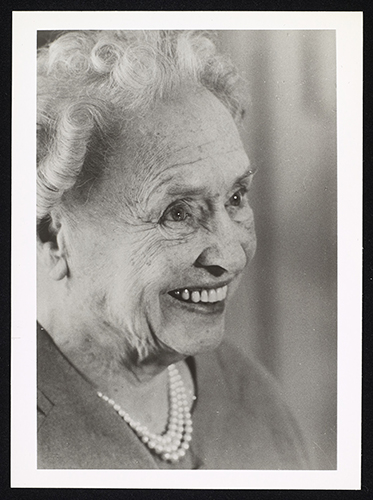Happy Global Accessibility Awareness Day (#GAAD)! The purpose of GAAD is to get everyone talking, thinking, and learning about digital access and inclusion. From podcasts and blog posts, to inclusive accessibility solutions, public policy, and resources, AFB has you covered. Global accessibility is more than a day for us, it's 100 years of commitment.
Tech Notes
An automated scanner is a special piece of software which is mainly designed to scan and test a single web page or an entire website to determine whether or not a web application is compliant with the Web Content Accessibility Guidelines (WCAG) or Section 508 accessibility regulations.
Lost in last week’s Thanksgiving holiday shuffle were some noteworthy media appearances and mentions of AFB Consulting and AFB Staff experts. To recap:

The American Foundation for the Blind was pleased to learn that the Librarian of Congress had approved the US Copyright Office’s recommendation to exempt certain classes of works from copyright restrictions to improve access to those works by people who are blind or visually impaired.
Head and shoulders image of Helen Keller taken at her 80th birthday in 1960.
Helen Keller died 50 years ago today – just a few weeks short of her 88th birthday. As the archivist and caretaker of her collection, I initially wondered how I nearly overlooked this anniversary. Upon consideration, I have several theories about this that I’d like to share with you.
Thursday, May 17, marks the seventh Global Accessibility Awareness Day (GAAD), the purpose of which is to get everyone talking, thinking, and learning about digital access/inclusion and people with different disabilities.
It can only be seen as a positive that W3C has made the Web Content Accessibility Guidelines (WCAG) 2.1 an official Candidate Recommendation. The latest proposed recommendation adds helpful guidance on certain areas without being overly restrictive.
The focus for WCAG 2.1 has been to more fully address the accessibility requirements for:



